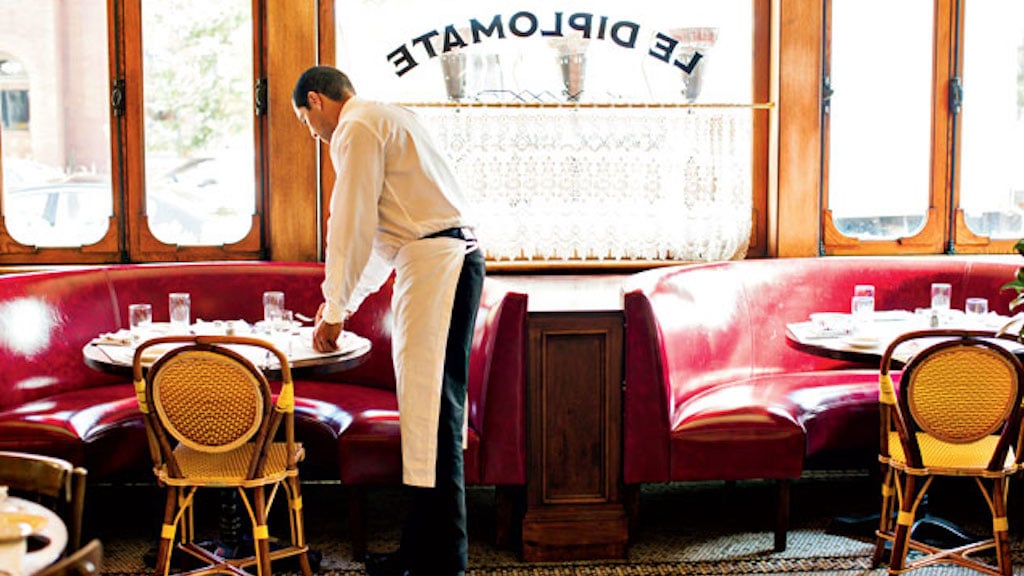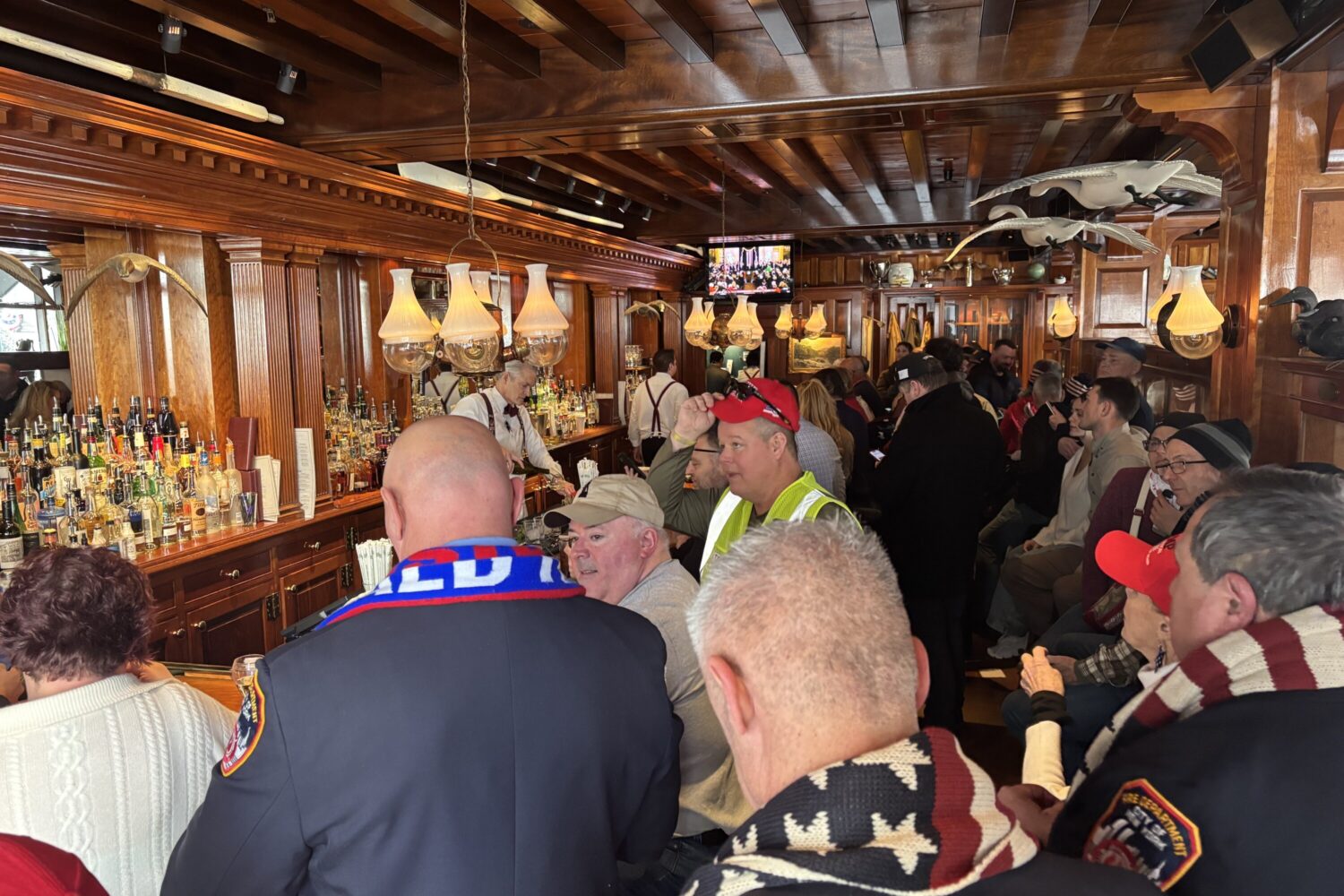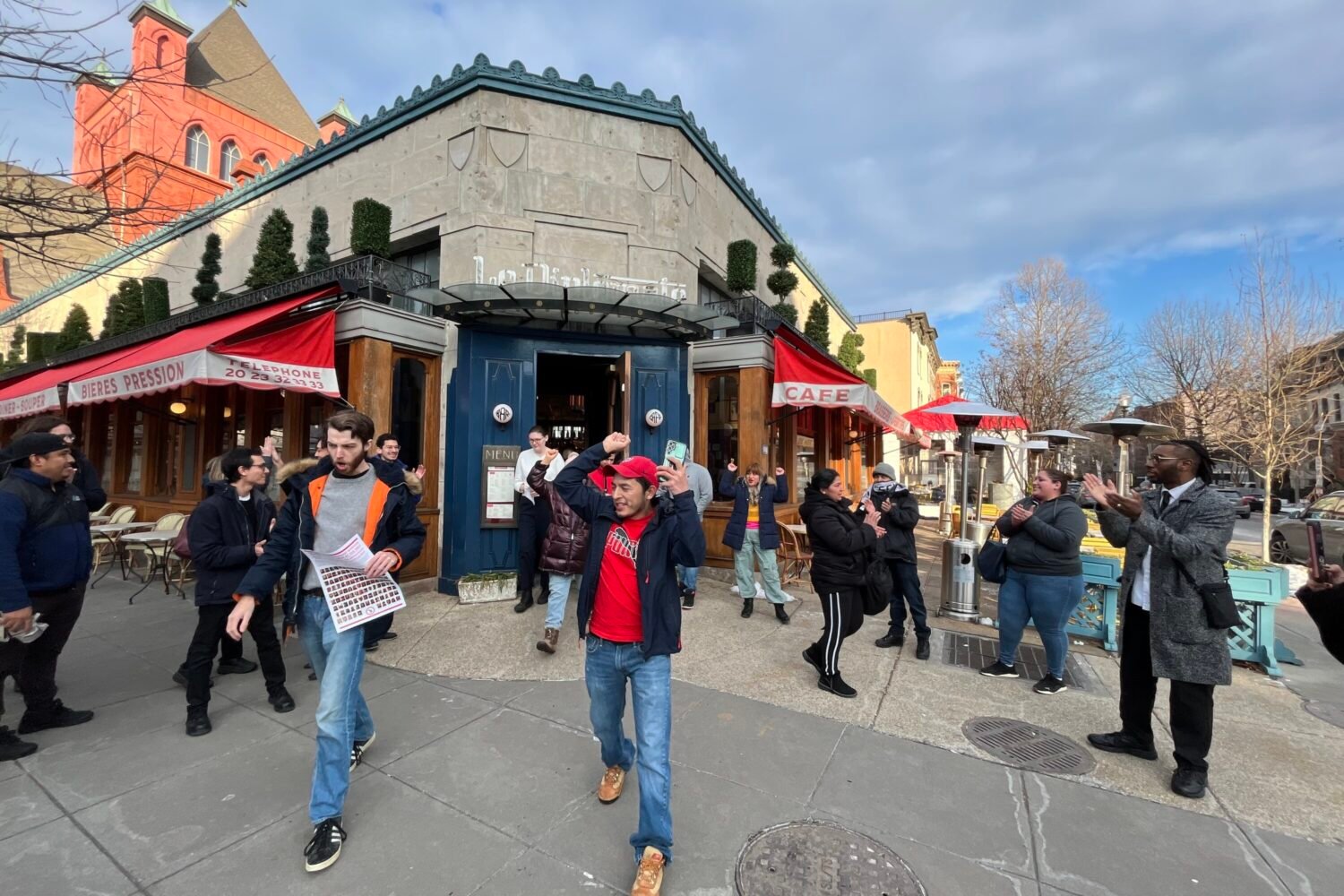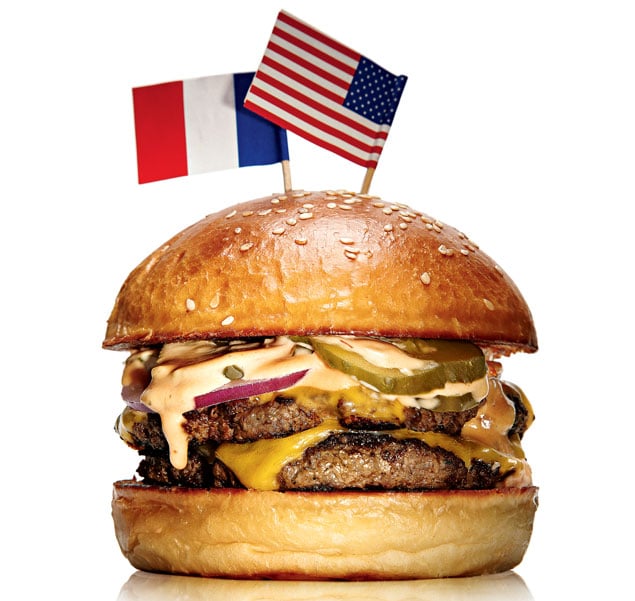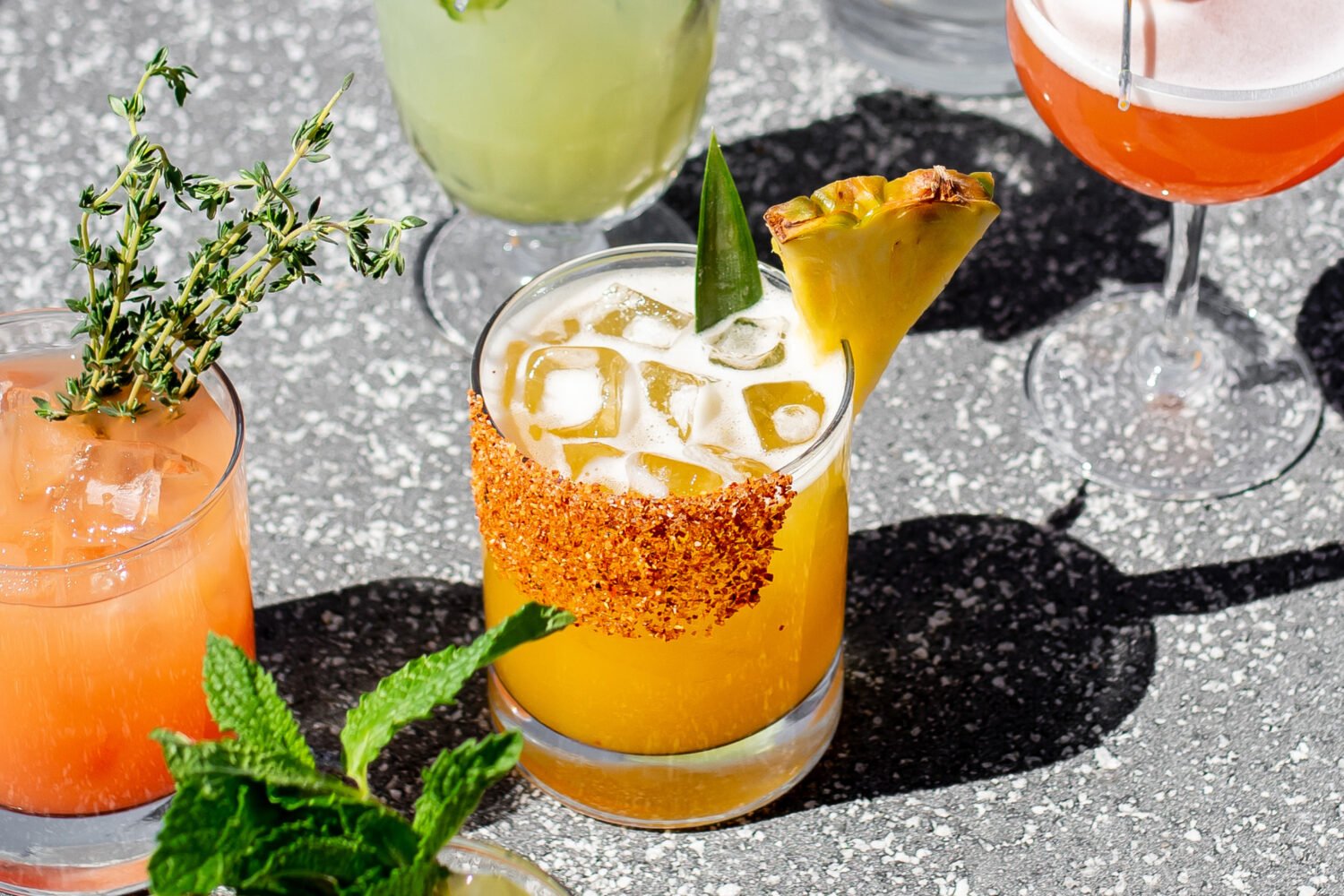Men in suits with earpieces circled the dining room of Le Diplomate on a recent evening. Out front, red and blue lights flashed from a black SUV. Most diners seemed oblivious to the security detail, but anyone craning to see which VIP was eating in the buzzy French brasserie would have been out of luck. This was just a drill.
It turns out that the agency responsible for protecting foreign dignitaries and top diplomats trains at Le Diplomate. Restaurateur Stephen Starr‘s DC hotspot is well-known for hosting bold-faced names like Joe Biden or Ivanka Trump. Lesser known is that it’s one of several restaurants in town where the Diplomatic Security Service—the law enforcement and security arm of the State Department—conducts exercises for students preparing for protective details and other special agent duties. Supervisory Special Agent Bob Weitzel, Director of DSS’s Office of Training and Performance Standards, says the drills are part of a Basic Special Agent Course.
“The exercises move a mock protectee around town, simulating the type of schedule a visiting dignitary might have,” Weitzel explains in an email statement. “Schedules can include simulated airport arrivals, restaurant visits, cultural sites, hotel arrivals and departures, and more. These exercises help students prepare and plan for a real detail, but under the controlled, safe, and watchful eye of experienced agents.”
Two former employees of Le Diplomate, who spoke on the condition of anonymity because they were not authorized to talk about these exercises, say the visits happened at least once per year—maybe more. A trainee agent from DSS would show up unannounced around midday when the restaurant was closed and ask to scout the building. The manager on duty would walk the agent through the restaurant to see the fire exits, back alley, and kitchen.
After that, the agent would make a reservation in the next week or so for two separate tables—one for a group of mock VIPs (usually volunteers or instructors) and another for trainee agents “protecting” them nearby. They’d always request tables close to the side door on 14th Street.
DSS would typically make the reservations around 5:30 or 6 PM on a Tuesday or Wednesday so they wouldn’t be a nuisance to the restaurant during prime times. (However, the most recent visit was a Thursday.) “They were pretty nice about it. They knew they were being a little bit of an inconvenience,” one employee says.
Part of the interest in Le Diplomate, another employee says, is all the hustle and bustle. “I know that they prefer busy places for training, so Le Diplomate was ideal,” the employee says. “You have so many walk-ins, and it’s so loud and vibrant. Running around is probably more difficult for them than to do that at a fine dining place with 40 tables and everything’s quiet.”
After arriving in SUVs, the fake dignitaries would proceed to actually eat dinner while some agents circulated around the restaurant. The restaurant employees don’t remember exactly what they liked to order, but they say it never included alcohol. In less than an hour, they were gone. The security service paid its own way and tipped “normal.”
“It’s pretty low-key,” says one Le Diplomate alum. “The only thing is, as an operator, when you have a situation like this, the guests will always think that there’s someone super important in the restaurant. But there’s actually not.”
DSS declined to share other restaurants with which it has training arrangements. However, Clyde’s Restaurant Group Director of Operations David Moran says they’ve been coming to Old Ebbitt Grill since at least the ’90s. “We’d have maybe one or two a month,” Moran says of those years when he was the general manager of the restaurant. More recently, it’s only a few times per year, he says.
“As managers, we knew the routine almost better than the people they were sending in as trainees,” Moran says. “So we’d be like, ‘Here’s what you want to do. You want to look for this door, this door, this door. We suggest you sit the guest here, you position yourself here…’ Now it sounds almost awkward like we were telling them what to do, but you could tell they were new and they were quite nervous because obviously it was a big assignment to them.”
The “VIP” group would usually consist of three or four people, while the trainees typically took up a two-top, Moran says. They typically used the back of the main dining room. “I don’t know who did a good job, who did a bad job, because there was never any simulated problem. There was never any staged protest or someone trying to go up to one of them.”
Secret Service, on the other hand, isn’t known for similar drills at restaurants. Spokesman Mason Brayman says the federal law enforcement agency almost exclusively uses a training center in Beltsville, but “Le Diplomate sounds like good training to me.”

